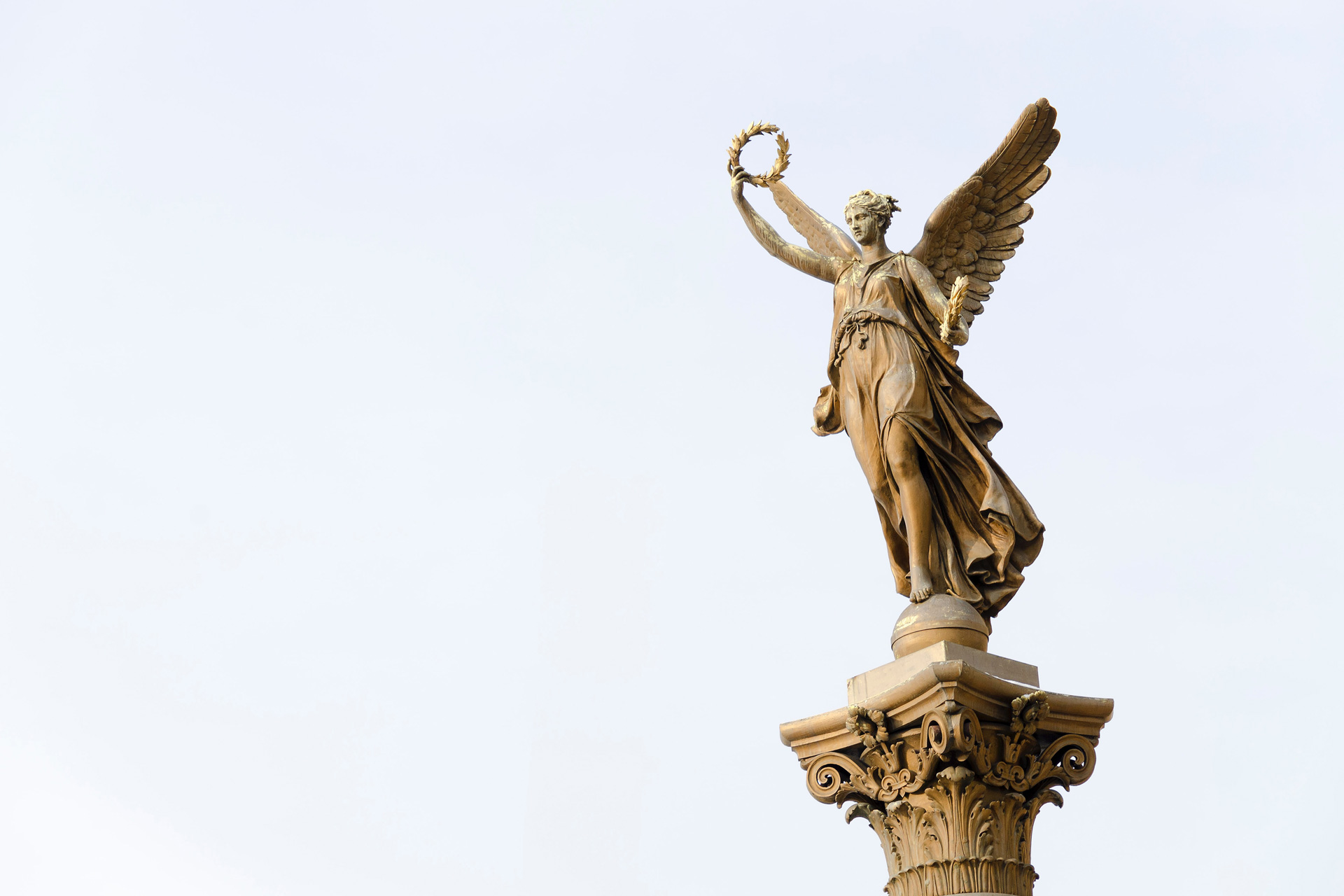Avocat Nice
La Société d’Avocats DAMY
La Société d’avocats Damy à Nice assure une prestation de haut niveau, de la consultation d’un avocat à la représentation en justice. Les avocats du cabinet sont compétents en droit des affaires, des sociétés, droit immobilier, droit bancaire, droit social, droit des victimes et cas de dommages corporels. Membre de l’Association des avocats praticiens en droit social, Maître Grégory Damy dispose de certificats de spécialisation.
Clients satisfaits
Affaires remportées
Consultations
Avocats
A Propos de Nous
La Société d’Avocats DAMY, avocats à Nice, vous propose une prestation de haut niveau de la consultation à la représentation en justice.
Maître Grégory DAMY dispose de certificats de spécialisation. Il est avocat à la Cour d’Aix-en-Provence ainsi qu’au barreau de Luxembourg.
La Société d’Avocats intervient dans les domaines de droit suivants :
– Droit des affaires (Création d’entreprises, négociation pour les rachats de sociétés, de fonds de commerce, fusions).
– Banques (litiges en matière de taux de crédit, annulation des recouvrements abusifs), assurances (assignation des assureurs en cas de refus de prise en charge d’un sinistre).
– Droit des victimes (négociation pour obtenir une indemnité maximale en matières d’accidents de la circulation, traumatisés crâniens, accidents médicaux, pour les victimes d’infractions, maladies professionnelles liées à l’amiante… et accidents du travail).
– Droit du travail pour les employeurs et les salariés (contrat de travail, licenciement, indemnités…).
– Immobilier (assistance à la vente de biens immobiliers, ventes aux enchères, litiges en matière de locations ou de ventes)
– Famille (divorce contentieux ou amiable, prestation, pension alimentaire, garde d’enfants,…).
– Pénal (crimes, délits, contraventions telles que les infractions au code la route, mise en examen, instruction, convocation en justice…).
Coopérez avec Nous à la défense de vos intérêts.
« Depuis plus de 18 années, j’ai à coeur de mettre mon expertise à votre service afin de vous accompagner au mieux sur vos problématiques juridiques.
Parce que vos droits sont précieux, je mènerai de front la stratégie la plus adaptée à votre situation pour parvenir au meilleur résultat possible en tenant compte de votre dossier, de vos impératifs et de vos contraintes. »
Damy Gregory
Avocat inscrit à la Cour d’Aix-en-Provence et de Luxembourg | Partners
Notre équipe
Rencontrez nos Avocats
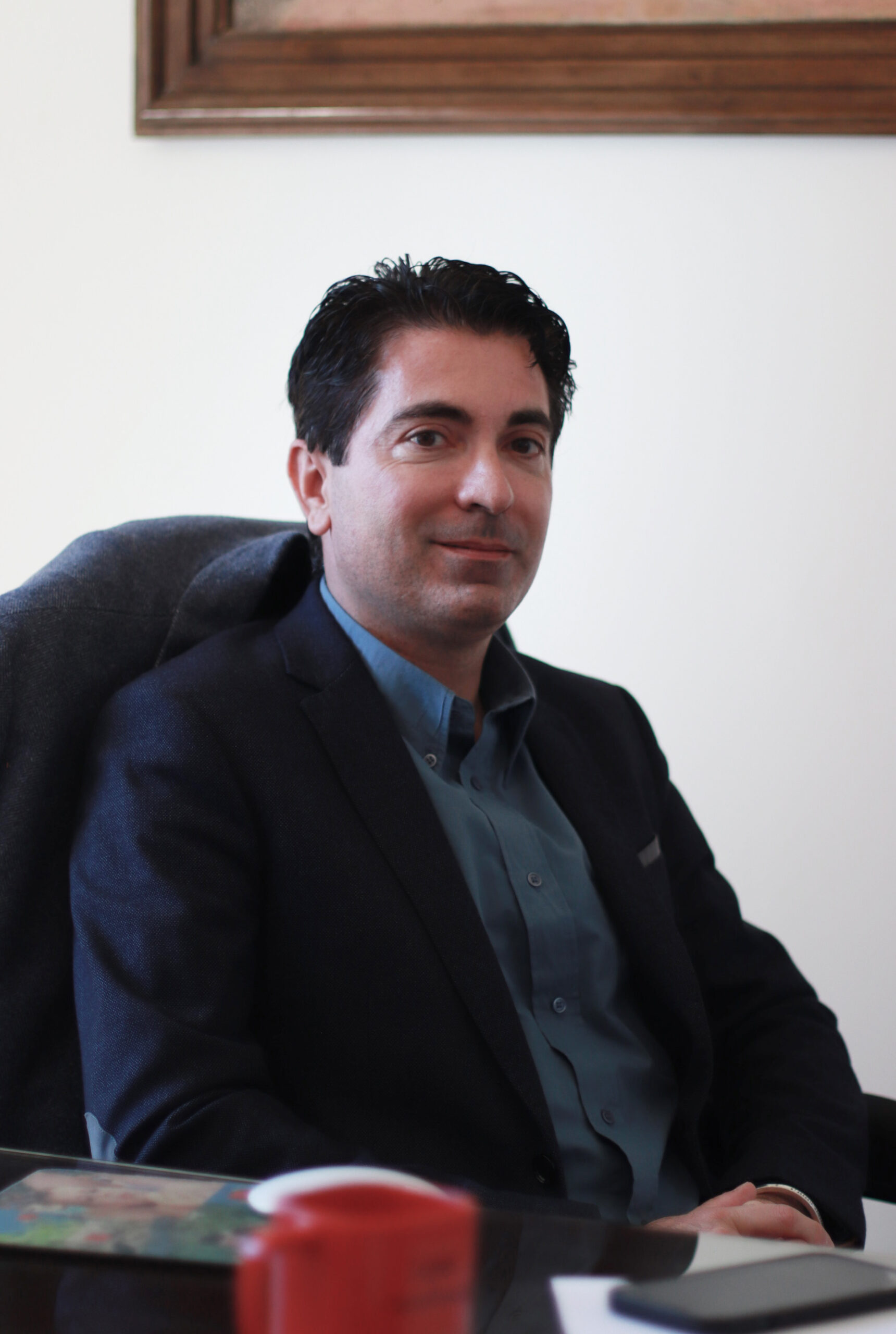
Grégory DAMY
partners / Avocat inscrit au barreau de Nice et de luxembourg
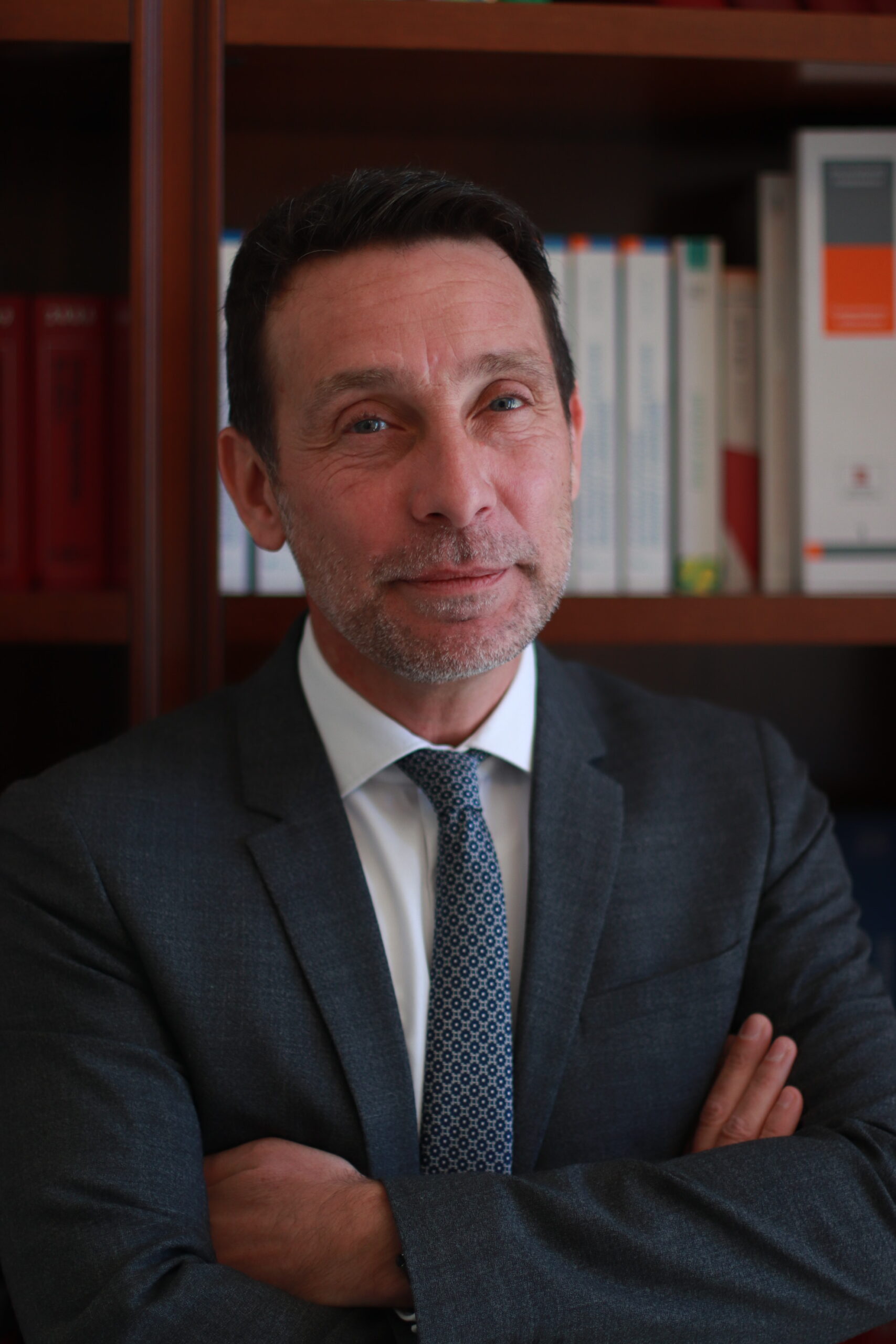
Florent DE FRANCESCHI
partners / Avocat inscrit au barreau de nice
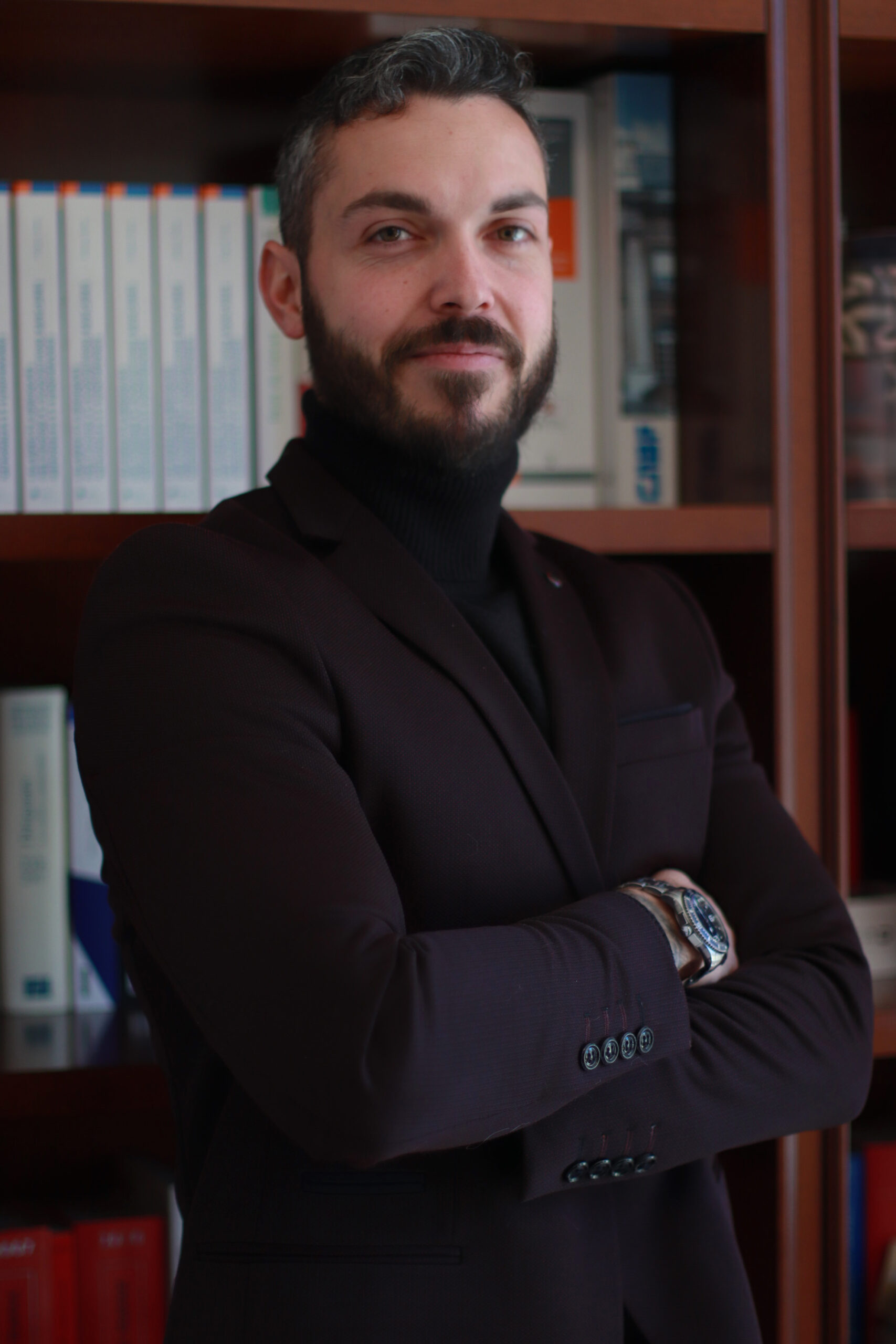
Kévin GENTILI
Collaborateur / avocat inscrit au barreau de nice
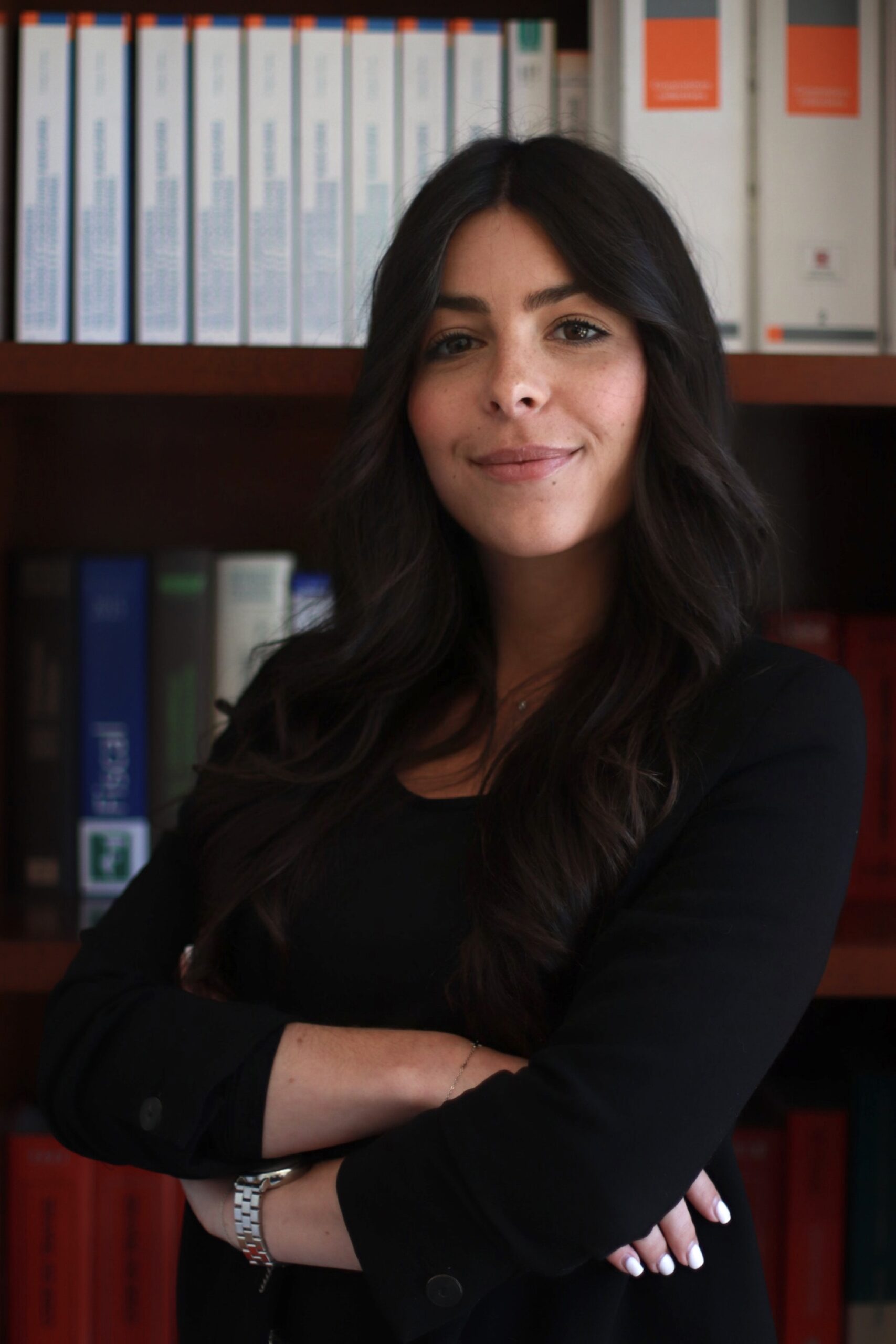
Sonia SAEZ
Elève-Avocate - Collaboratrice
Nos domaines d’activités
Pratiques et spécialités
Le Cabinet d’Avocats intervient dans des domaines de droits variés car chaque avocat dispose de sa propre expertise.
Droit du Travail
Rédaction ou relecture de contrat de travail, négociation et prise en charge des ruptures conventionnelles, procédure de licenciement, calcul des indemnités, lettre de démission, harcèlement, heures supplémentaires impayées… Nous intervenons aussi bien en demande qu’en défense.
Droit des sociétés
SA, SARL, SAS, SNC, SCI, recouvrement de créances, contrats, notamment cessions de parts de sociales, modifications des statuts, assemblées générales, rédaction de PV, cessions de fonds de commerce, cessions de droit au bail, création, acquisition de sociétés…
Droit des victimes
Nous défendons toutes les victimes, y compris en cas d’infractions pénales.
Gestion de patrimoine / Immobilier
Transmission du patrimoine professionnel et privé…
Vente de biens immobiliers en tant qu’avocat mandataire en transactions immobilières, assistance à expertise, évaluation, assistance aux ventes aux enchères, contentieux en matière immobilière, contentieux en matière de copropriété…).
N’hésitez pas à consulter nos départements spécialisés par thématique de droit.
Droit bancaire et des Assurances
Litiges concernant des contrats, contestation de taux effectif global, contestation de propositions d’indemnité.
Familles / Pénal et autres
Divorce, indemnité compensatoire, abandon de domicile, adoption, filiation, changement de régime matrimonial, successions, donations…
